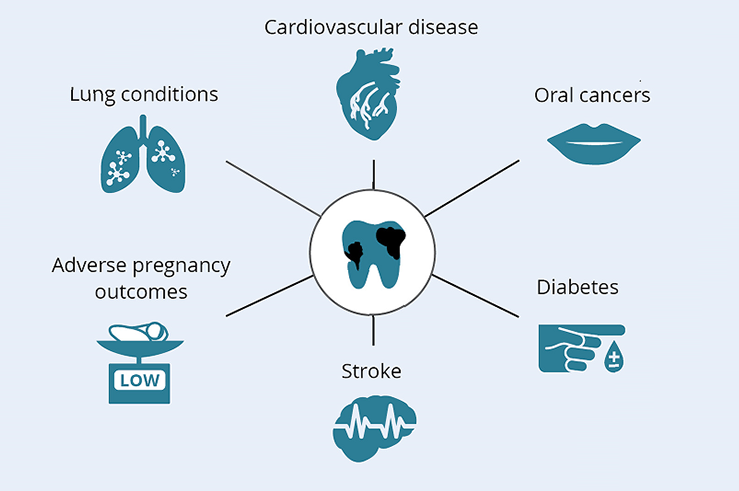Garlic Revolution Unlocking the Health Benefits and Culinary
Discover the Benefits of Garlic and How to Incorporate It into Your Diet for Optimal Health and Weight Loss
One of the most well-known benefits of garlic is its ability to boost the immune system. The active compounds in garlic, including allicin and sulfur, have been shown to have antibacterial and antiviral properties. Eating garlic regularly can help your body fight off infections and illnesses, and may even reduce the risk of certain types of cancer.
Garlic is also great for heart health. Studies have shown that garlic can help lower blood pressure and reduce the risk of heart disease. It can also help improve cholesterol levels, which is essential for maintaining a healthy heart. In addition, garlic has been shown to improve blood circulation and reduce the risk of blood clots, which can lead to heart attacks and strokes.
For those looking to manage their weight, garlic can also be a helpful addition to your diet. It contains compounds that can help regulate metabolism and reduce appetite, making it easier to stick to a healthy diet. Additionally, garlic can help reduce inflammation in the body, which is often linked to weight gain.
Incorporating garlic into your diet is easy and delicious. You can add garlic to your favorite dishes, such as pasta sauces, soups, and stir-fries. Roasted garlic is also a popular way to enjoy its flavor and health benefits. If you prefer a milder taste, you can also take garlic supplements, which are available in many health food stores.
* Garlic is a superfood that is packed with many health benefits. Here are some of the top benefits of garlic:
> Boosts immune system: Garlic contains antibacterial and antiviral properties that help to strengthen the immune system and fight off infections.
> Lowers blood pressure: Garlic can help to lower blood pressure by dilating blood vessels and improving blood flow.
> Reduces cholesterol: Studies have shown that garlic can help to reduce cholesterol levels, which can lower the risk of heart disease.
> Fights cancer: Garlic contains sulfur compounds that have been shown to have cancer-fighting properties. Studies suggest that garlic may help to prevent the growth and spread of certain types of cancer.
> Aids digestion: Garlic contains enzymes that aid digestion and reduce inflammation in the gut. It can also help to kill harmful bacteria in the gut, which can cause digestive issues.
> Promotes healthy skin: Garlic's antibacterial and anti-inflammatory properties can reduce inflammation and redness on the skin, while its sulfur compounds can promote healthy skin cells and prevent acne.
> Regulates metabolism: Garlic can help regulate metabolism and reduce appetite, making it easier to stick to a healthy diet and manage weight.
> Improves brain function: Garlic contains antioxidants that protect the brain from oxidative damage, which can improve cognitive function and memory.
> Reduces inflammation: Garlic contains anti-inflammatory properties that can help to reduce inflammation throughout the body, which may reduce the risk of chronic diseases such as arthritis and Alzheimer's.
> Relieves cold and flu symptoms: Garlic can help to relieve symptoms of the common cold and flu by boosting the immune system and acting as a natural decongestant.
> Supports bone health: Garlic contains calcium, which is essential for bone health. It can also help to increase estrogen levels in women, which can help prevent bone loss.
> Promotes heart health: Garlic can help to improve blood circulation and reduce the risk of heart disease by reducing inflammation, lowering cholesterol levels, and improving blood pressure.
R E A D : The Healing Brew: A Comprehensive Guide to the Health Benefits of Tea
 |
Discover the Benefits of Garlic // JennifersKitchen
* Here are some tips for incorporating garlic into your diet for weight management:
> Add garlic to your meals: Garlic can be added to a variety of dishes, such as pasta sauces, soups, stir-fries, and roasted vegetables. It adds flavor and nutrition without adding many extra calories.
> Use garlic instead of salt: Instead of adding salt to your meals, try using garlic instead. This can help reduce your sodium intake and add flavor to your meals.
> Take garlic supplements: If you prefer a more concentrated dose of garlic, you can take garlic supplements. These are available in many health food stores and can be taken as capsules or tablets.
> Be mindful of portion sizes: While garlic is low in calories, it is still important to be mindful of portion sizes. Too much garlic can cause digestive discomfort, so it is best to start with small amounts and gradually increase as tolerated.
incorporating garlic into your diet is a great way to promote weight management and reap its many health benefits. Whether you prefer to add it to your meals or take garlic supplements, it is a powerful superfood that can improve your health and well-being.
garlic is a powerful superfood that has been used for centuries for its numerous health benefits. It can boost the immune system, improve heart health, and help manage weight, among other things. Whether you enjoy garlic raw or cooked, it is a great addition to any diet. So why not start incorporating garlic into your meals today and reap its many health benefits?
R E A D : Eating Habits to Avoid: Top Culprits of High Cholesterol








:max_bytes(150000):strip_icc()/beets-5e0ac92040454a61a502fc8f7684eba1.jpg)



